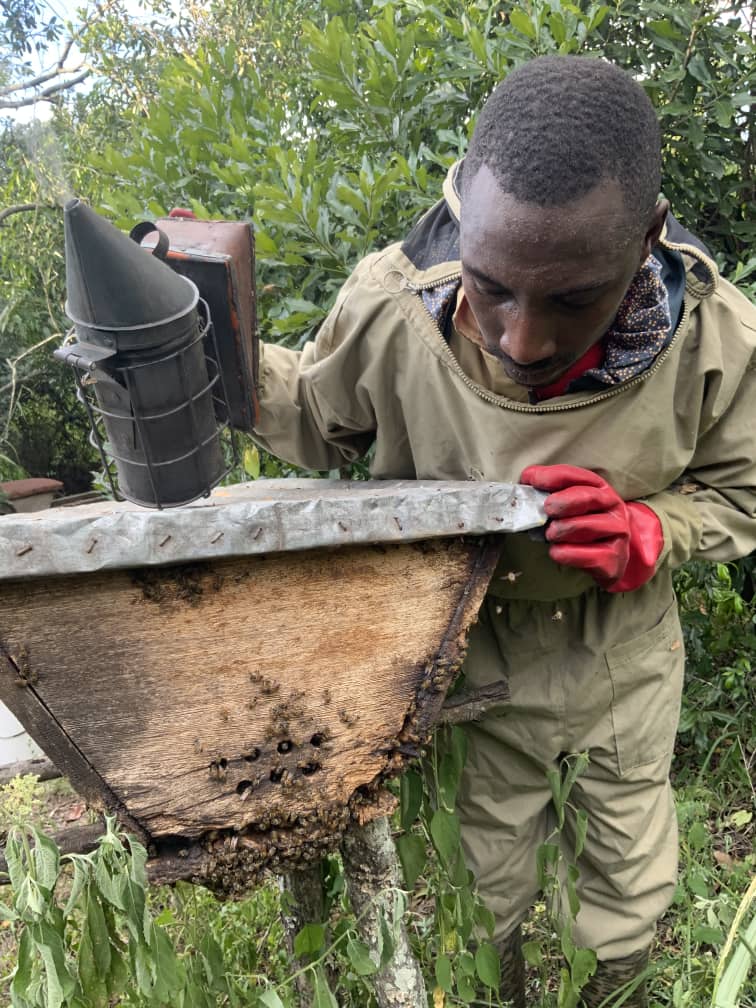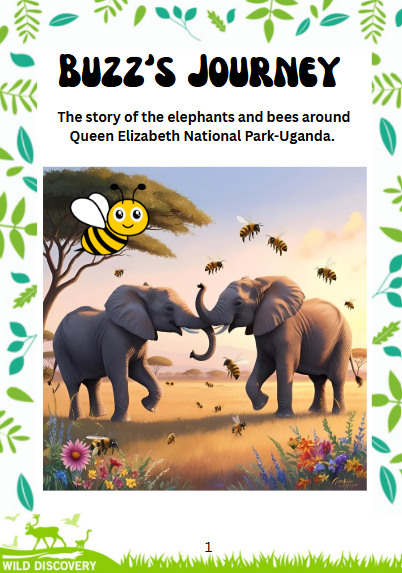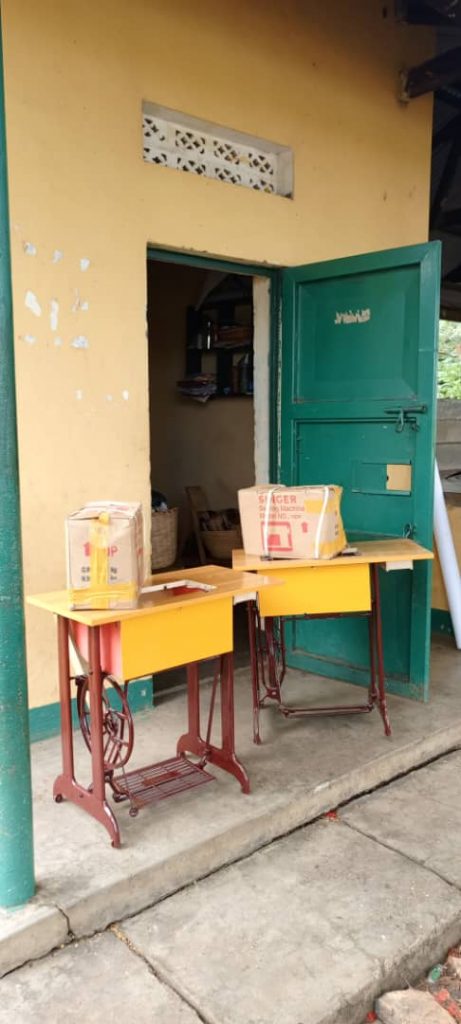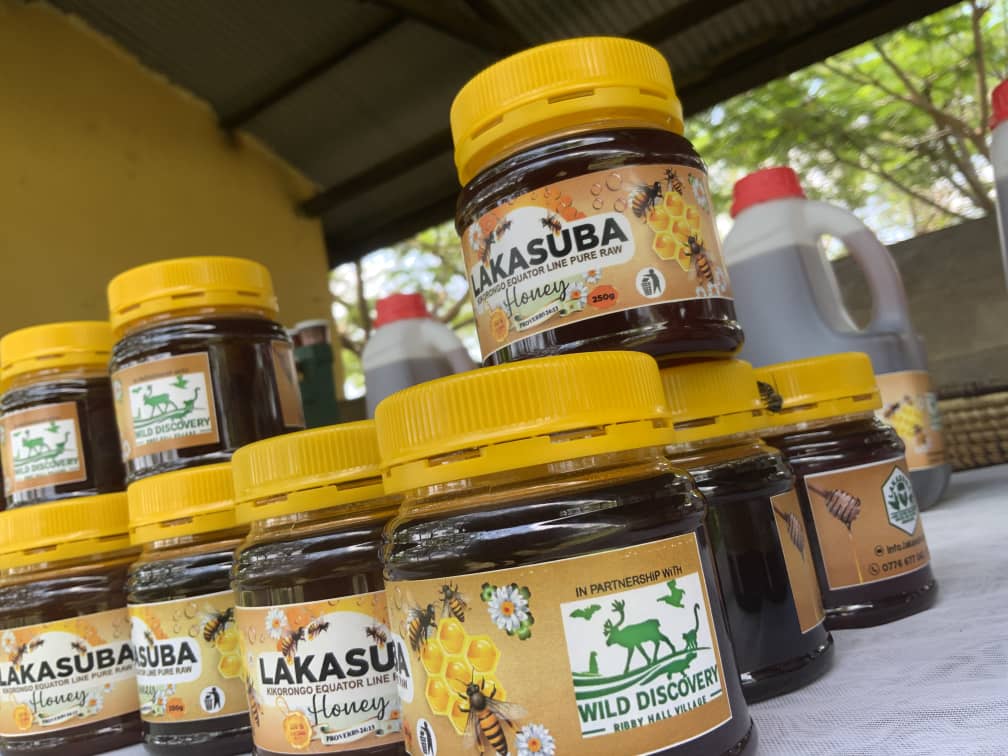
Wild Discovery financially supports The Ugandan Bee Project based in Kasese, Queen Elizabeth National Park, Uganda. The project aims to reduce human wildlife conflict between the villagers living in the exclusion zones in and around QENP. Elephants and carnivores are persecuted for destroying crops and killing livestock.



The families living in these exclusion zones are very poor, and the population is growing which means that they need more land for growing more crops. This is difficult to achieve because the villagers are not allowed to farm outside of the exclusion zone boundary otherwise they will receive heavy fines from the Ugandan Wildlife Authority (UWA). To protect their crops and livestock, the head of the family, the dad will stand guard during the night, but unfortunately this often leads to serious injury or even death! This then means that the children have to help guard and no longer go to school. It is a difficult scenario, but with the support of this project there is a way of reducing this human wildlife conflict.



To try and combat this conflict beehives are being introduced on the edge of the crops. Elephants are afraid of the bees and therefore they act as a deterrent and prevent crops from being destroyed. The bees also help pollinate the crops and the surrounding bush. The villagers also sell the honey which allows them to generate an additional income and therefore purchase thorny bushes to plant around their land and prevent carnivores from taking their livestock. The additional can also help to buy other food and resources for the family.
Our financial support helps to build the beehives and maintain the colonies, it also funds the field officer that works with the communities to introduce the project and support the villagers in setting up the hives. The eventual aim is to grow the project so that it supports villagers all through Queen Elizabeth National Park.
There are currently over 3000 beehives set up in the communities surrounding Queen Elizabeth National Park, with more farmers registered to receive training and beehives.

To help spread the word about how important bees are to the whole ecosystem – they pollinate all flowers and crops the animals and humans need to survive – a booklet has been produced that will be given out to school children in the area “Buzz’s Journey”. The booklet is s story of the elephants and the bees around Queen Elizbeth National Park, and aims to educate the children about the how ecosystem that they live in is important to them and the wildlife around them, and how they can learn to live alongside each other.

The project is also supporting a group of widowed women from the community that have lost their husband’s due to a variety of reasons, but many have not returned from heading out on illegal poaching trips. The wildlife living in the park is big and dangerous and they pose a real threat. These women are employed by the project to make the bee keeping suits for the farmers. They can also hire the sewing machines to make items for themselves or to sell at market. Local men from the community are provided with training in joinery and welding, and employed by the project to make the beehives. Again these items of equipment can be hired by the men to make other items for themselves or to sell. These elements of the project aim to provide employment and new skills allowing the community strengthen their futures and live more harmoniously with the wildlife.

A future plan for the project is to build a honey processing unit, where the farmers can bring their honey to be processed and bottled. The project will then buy a percentage of the honey from the farmers to sell in a café and gift shop attached to the unit. The café and gift will be open for locals and tourists to visit and purchase the locally sourced and hand crafted items from the community.

If you would like to donate to support our conservation projects please click here.